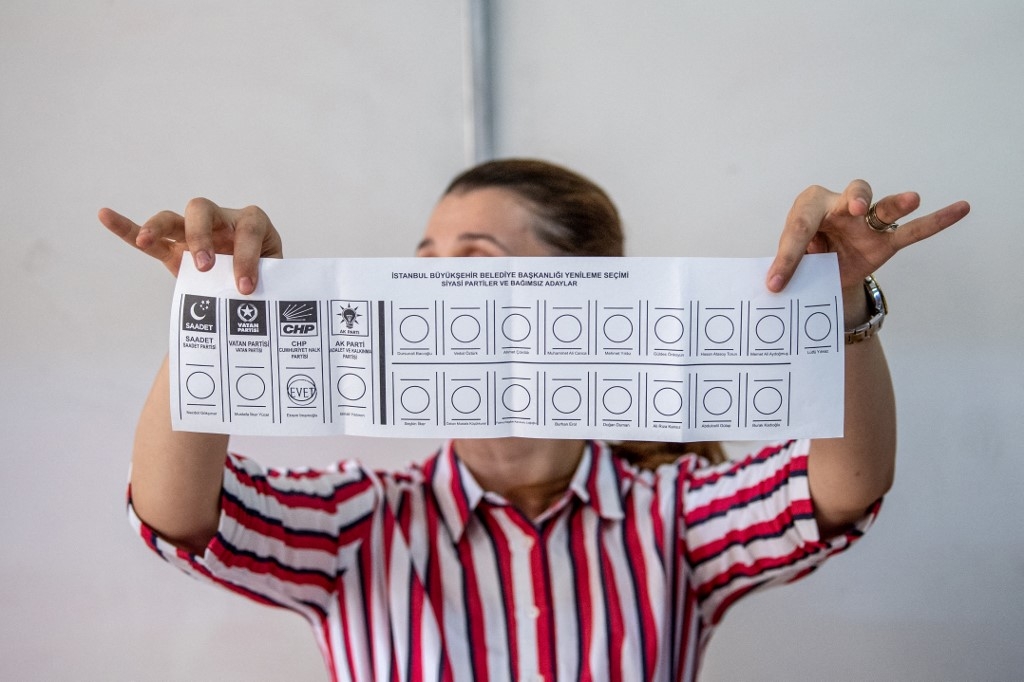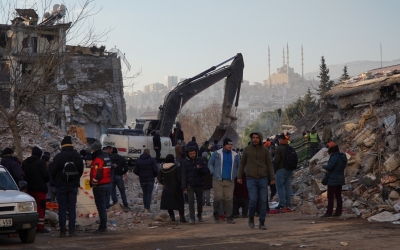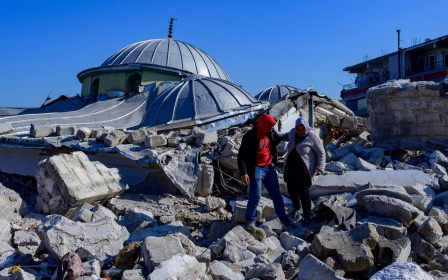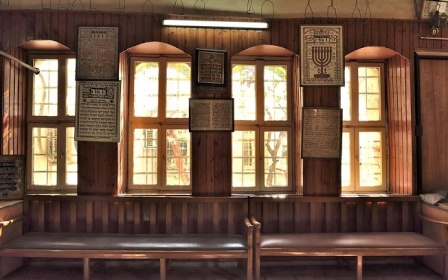Turkey earthquake: Could elections be postponed?

The twin earthquakes that claimed at least 30,000 lives in Turkey have triggered a new debate in Ankara on whether it is possible to postpone the upcoming general elections to a later date.
The presidential and parliamentary elections are traditionally scheduled for June, but Turkish President Recep Tayyip Erdogan last month decided to bring them forward to May to attract more voters to the ballot boxes. The move, he thought, could put him in an advantageous position after the electoral spending that surged his popularity.
However, the earthquakes, which have damaged 10 provinces, home to more than 10 million people, have pushed Turkish ruling Justice and Development Party (AKP) officials to reassess the situation.
“Holding the elections in May is not realistic anymore,” one Turkish source familiar with the government’s thinking told Middle East Eye.
“The infrastructure damage, as well as the relocation of earthquake survivors, may necessitate holding the elections in its regular time frame in June or even beyond that.”
New MEE newsletter: Jerusalem Dispatch
Sign up to get the latest insights and analysis on Israel-Palestine, alongside Turkey Unpacked and other MEE newsletters
Some in Ankara also believe the image of Erdogan and his government has been damaged by what has been perceived as a slow and poor emergency response in the first 48 hours of the disaster in places like Hatay and Adiyaman.
While AKP officials have been studying multiple options for possible postponement, they have not yet made a final decision or a move on the issue.
Any attempt to delay the elections could have legal ramifications, as authorities responsible for Turkish elections navigate between what they can do to postpone the date and what the constitution actually states on the matter.
Legal debate
Osman Can, a prominent professor on constitutional law, told MEE that Turkish constitution’s article 78 is very clear: the parliament could only postpone the elections for a year if Turkey is in a state of war.
But advocates of the postponement say there is another way: the Supreme Election Council, known as YSK, the final arbiter of election disputes, could rule that it is not ready to hold elections in the 10 heavily damaged provinces and amid the unprecedented relocation of voters to other cities.
Indeed, YSK ruled in 1966 that local elections could be postponed following an earthquake that hit eastern provinces two days ahead of the vote, which had made it impossible to hold elections.
Can says the twin earthquakes, despite their enormity, did not create similar circumstances.
“YSK could track the voters if they relocate since we have a very modern system of registry that could be updated, and most importantly we have more than three months until the elections, we have time,” the professor said.
“And we have the constitution that says it is not possible to postpone the elections unless some certain criteria are met.”
Another constitutional law expert, who has practical experience within the Turkish constitutional court, told MEE that if YSK unilaterally decides to postpone the elections there would not be any court to overrule it.
“YSK’s decisions are final and no one could sue them through the constitutional court,” the expert said, requesting anonymity.
“But I don’t think YSK members would sign such a divisive and controversial decision.”
One source familiar with the YSK’s thinking on the issue said that the judges would prefer if the parliament acts on its own rather than putting them in a difficult situation that is legally problematic.
Can said the ideal way to resolve the issue would be a constitutional amendment that could temporarily grant government powers to remedy the issue.
“If the government could convince the opposition parties and receive the support from 400 members of parliament, they could find a way,” he added.
The relocation of earthquake survivors also raises questions on the number of representatives that could be elected to parliament since every province has a certain number of MPs depending on their individual population.
“The parliament could also find a solution on the demographic change with the same constitutional amendment,” Can said.
Middle East Eye delivers independent and unrivalled coverage and analysis of the Middle East, North Africa and beyond. To learn more about republishing this content and the associated fees, please fill out this form. More about MEE can be found here.





